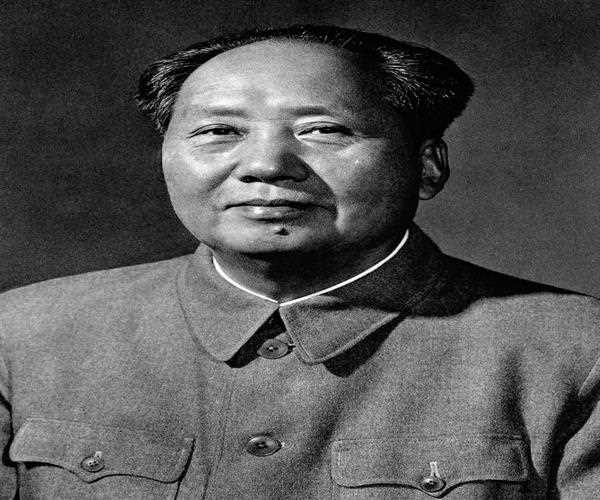Maoist Ideology: Understanding its Key Principles
Maoism, also known as Mao Zedong Thought, is a communist ideology that developed in China under the leadership of Mao Zedong. It is based on the ideas of Marxism-Leninism, but it places a strong emphasis on the role of peasants and rural areas in the revolutionary process. The key principles of Maoism include the importance of revolutionary violence, the need for strong, centralized leadership, and the importance of cultural and ideological revolution.
Revolutionary Violence
One of the key principles of Maoism is the belief in the necessity of revolutionary violence. Maoists believe that the ruling class will not give up power willingly, and that violent revolution is necessary to overthrow them. They believe that the peasantry, rather than the urban working class, is the main force of the revolution and that they must be organized and armed to fight against the ruling class. Maoists also believe that the revolutionary struggle must be led by a strong, centralized leadership, often referred to as the 'vanguard party'.
Importance of Peasants

Maoism places a strong emphasis on the role of peasants in the revolutionary process. Maoists believe that the peasantry, which makes up the majority of the population in most developing countries, is the main force of revolution. They believe that the peasants must be organized and armed to fight against the ruling class and that the revolution must be led by a strong, centralized leadership. Maoists also believe that the revolutionary struggle must be focused on the countryside, where the majority of the population lives, rather than the cities.
Cultural and Ideological Revolution
Maoism also emphasizes the importance of cultural and ideological revolution. Maoists believe that revolution is not just about seizing political power, but also about transforming the culture and ideology of society. They believe that traditional culture and ideology, which they see as being dominated by the ruling class, must be replaced by a new culture and ideology that is based on the interests of the working class and the peasants. This includes the promotion of revolutionary literature, art, and music, as well as the suppression of traditional culture and religion.
Self-Reliance
Maoists also advocate for self-reliance, which is the belief in the ability of a country or society to develop and sustain itself without depending on foreign aid or intervention. They believe that a country or society should be able to take care of its own needs and that it should not be dependent on other countries for its survival. This includes the development of domestic industries and resources, as well as the rejection of foreign aid or investment.
In conclusion, Maoist ideology is a communist ideology that developed in China under the leadership of Mao Zedong. It is based on the ideas of Marxism-Leninism, but it places a strong emphasis on the role of peasants and rural areas in the revolutionary process. Its key principles include the importance of revolutionary violence, the need for strong, centralized leadership, the importance of the cultural and ideological revolution, and self-reliance. It's important to note that Maoism had been implemented in China and resulted in political repression and economic failure, it's also important to note that many of the ideas and policies of Maoism are not widely accepted or practiced today.